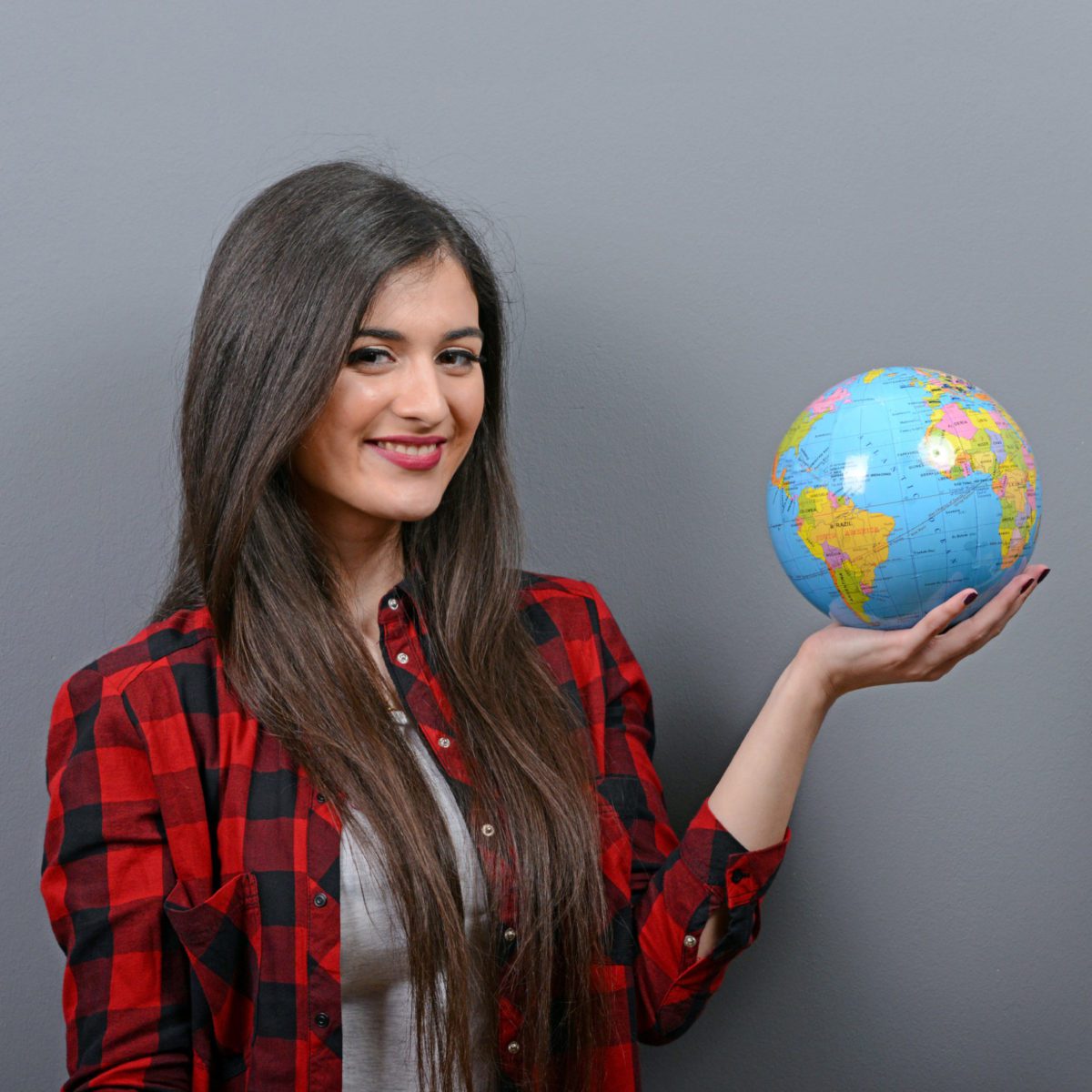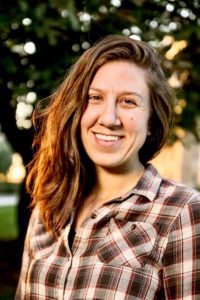
After growing up in a small town near Green Bay, Colleen Larsen expanded her world by teaching English in South Korea, Tanzania, and Turkey. But she didn’t let her wanderlust guide her when she decided to earn a master’s degree in international education. Instead she made a beeline for her American alma mater, UW-Madison, and its Global Higher Education (GHE) program.
As an undergraduate Larsen specialized in international relations and teaching English to speakers of other languages (TESOL). The academic strength, global focus, and close-knit communities of these programs led her to explore Global Higher Education, which offers a master’s of science in educational leadership and policy analysis in three semesters.
“I chose UW-Madison because it is one of the only schools that offers a global perspective within a higher education leadership degree,” she says. “Plus, relationships and community are very important to my learning. I could truly find that in the Global Higher Education program.”
Transformation through collaboration
Global Higher Education graduates find jobs in higher education research, scholarship, administration, and innovation.

Through a unique blend of classroom instruction, learning communities, and hands-on experiences, students learn how to thrive at institutions across the globe.
Larsen was drawn to the Global Higher Education program’s cohort model, which encourages students from different cultures to collaborate and exchange ideas as they take core classes together. She knew learning alongside international classmates and hearing their diverse perspectives would enhance her experience.
Global Higher Education also features internships that help students polish their professional skills, build relationships, and translate theory into practice. Thanks to the program’s flexible schedule, students like Larsen can work in addition to interning and taking classes.
Larsen’s classes informed her approach to work by creating chances to contextualize and reflect. She’s pleased her instructors explored issues from the field in class and provided lots of personalized attention.
“The instructors all know my name and worked with me individually on learning concepts, choosing research topics, and applying for jobs. They care about me as a person and want to do everything they can to help me reach my goals,” she says.
Larsen credits her instructors with discovering her inner scholar. Before starting the program, earning a master’s felt daunting. Now, with lots of encouragement, she’s been accepted into a UW-Madison Ph.D. program.
She’s also been busy mulling job offers from at least three high-profile employers. UW-Madison’s robust academic reputation and global alumni network have been valuable resources, as have classmates from her cohort.
“I believe I received these offers because of the skills, knowledge, and perspective I developed through the Global Higher Education program,” she says. “The program opened a wider world of higher education and research. Now I’m aware of bigger issues I want to tackle and different ways I can make a difference.”
For more information on the Global Higher Education program, see here.